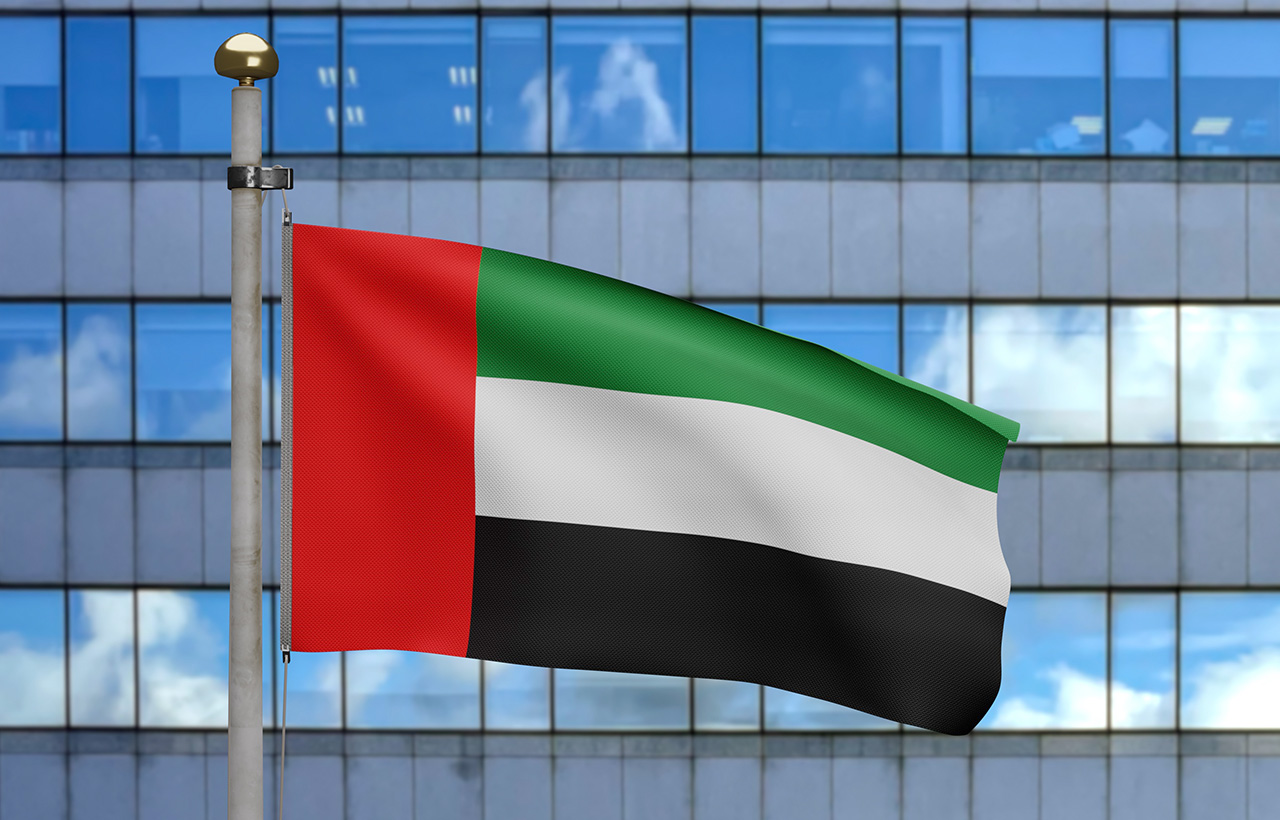

The UAE, formed on 2 December 1971, has transformed into a modern state with a high standard of living and cities that are key economic players, since the discovery of oil more than 40 years ago.
The United Arab Emirates comprises seven independent states in the Arabian Peninsula: Abu Dhabi (Capital), Dubai, Sharjah, Ajman, Umm al-Quwain, Ras al-Khaimah, and Fujairah. Its geographical location and friendly time zone (GMT +4) provide businesses with a regional and business-centric hub to access markets in Africa, Asia, and Europe. These states have distinct characteristics, and their developing economies offer business prospects in various industries, including banking, trade, commerce, service, manufacturing, and construction.
According to the World Bank's report, UAE is the strongest performer overall in the Middle East and North Africa region, with high ease of doing business score.

Over the last few decades, the UAE has become a global investment and tourism hub, and starting a business in the UAE is a dream for many businessmen.
The UAE benefits from a strategic trading position and a well-known low-tax environment.
The UAE government has ensured that foreign investors have access to excellent amenities and infrastructure as part of its investor-friendly policies.

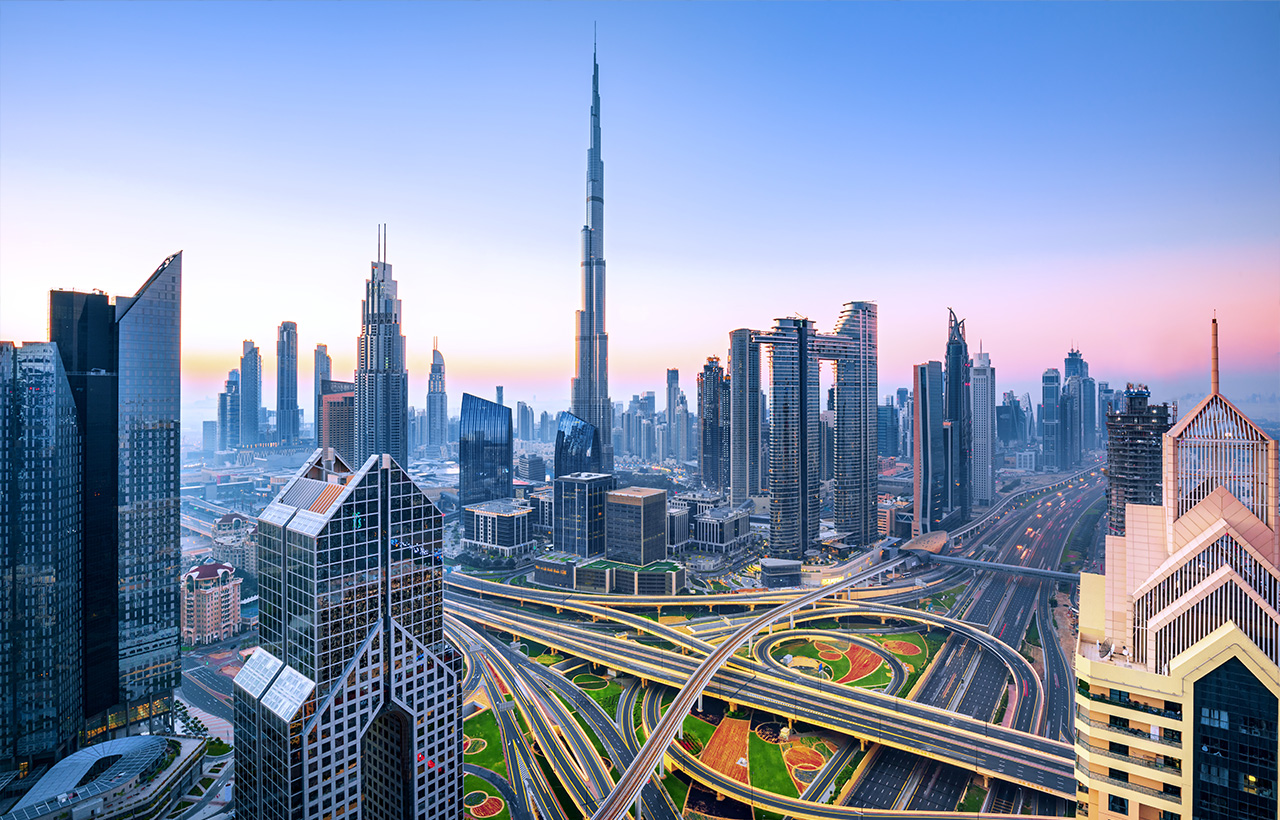
Additionally, the UAE offers relatively low expenses in vital areas for business, such as customs duty, labor, electricity, and telecommunications. The country's liberal real estate investment policies, in particular, have attracted the interest of numerous investors.
Furthermore, the ease of repatriating money and a pro-business environment make it an attractive investment opportunity.
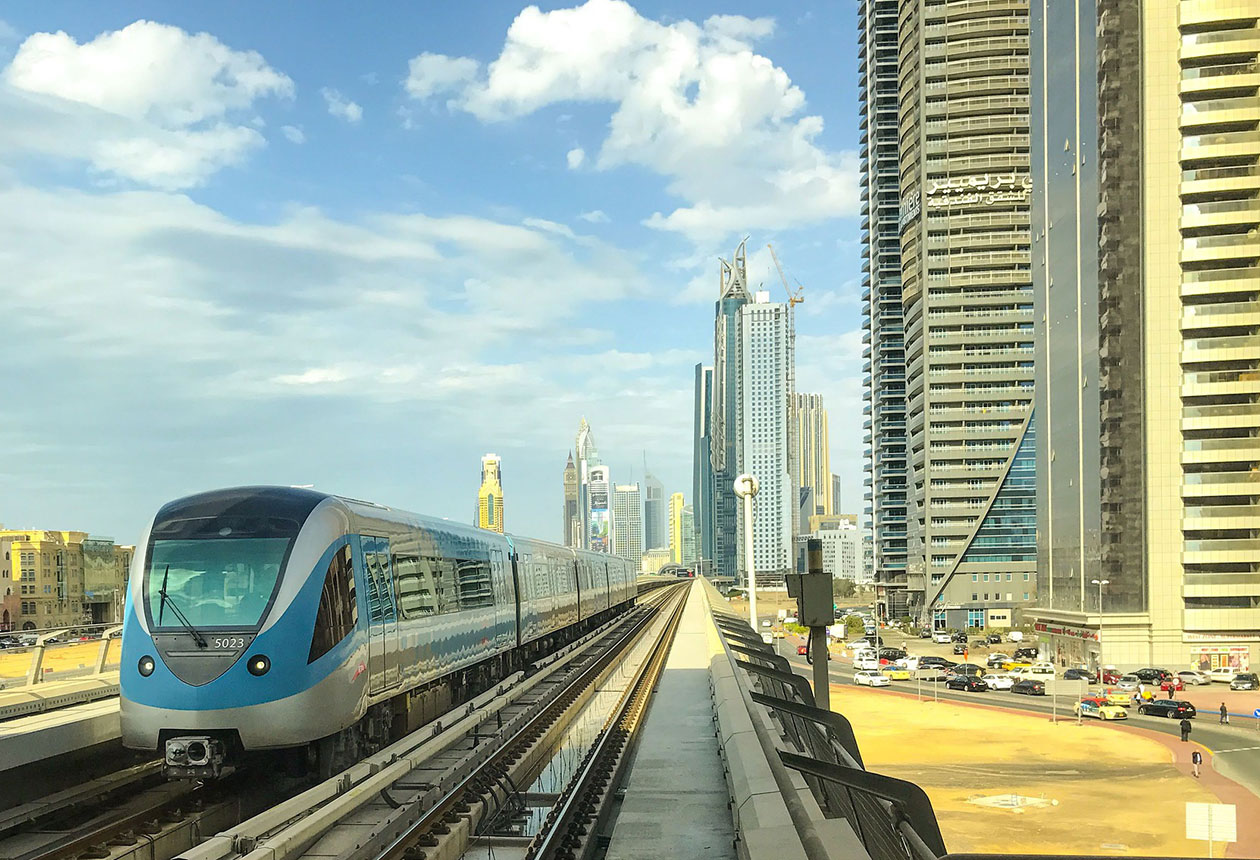
The UAE has signed numerous international commercial treaties and has implemented and enforced strict exporting rules and laws to prohibit the illegal movement of commodities.
Along with its phenomenal growth, the UAE is known for enticing business opportunities in every area due to its ease of doing business and favorable licensing rules. It is a fertile and promising land for the extraordinary and rapid growth of business startups.


To do business in the UAE, a foreign investor must first establish an official legal presence in the country, which can be accomplished in one of the following ways:
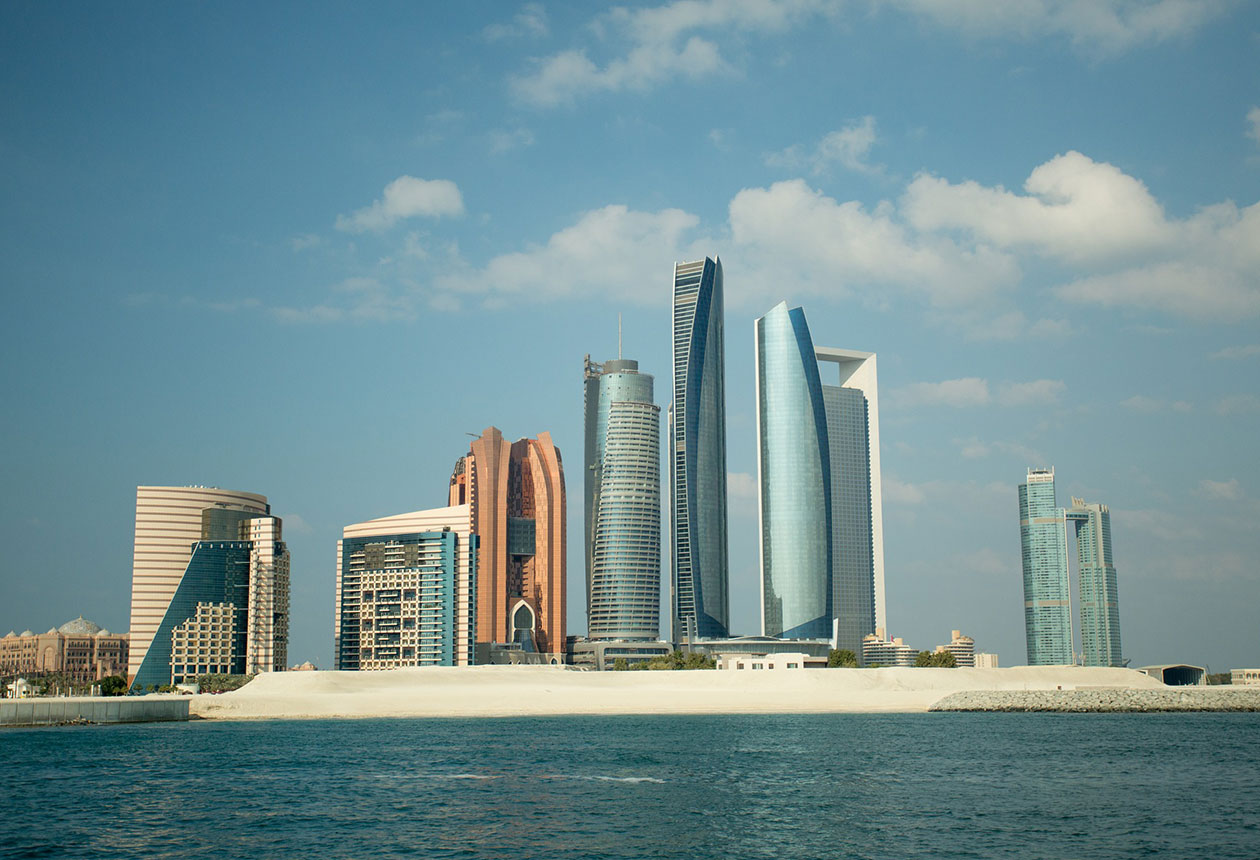
For decades, the UAE government has taken a proactive approach to attracting foreign investment from around the world.
The UAE's economic development is largely due to visionary administration, business-friendly regulations and the entrepreneurial zeal of the UAE people.
The UAE market is divided into three types of business jurisdictions: Mainland, Free Zones, and Offshore.
Today, there are nearly 40 free zones across the UAE, including UAQ Free Trade Zone, Ajman Free Zone, Dubai Multi Commodities Centre Free Zone (DMCC), Dubai Media City, TECOM, Jebel Ali Free Zone (JAFZA), DIFC, and Ras Al Khaimah Economic Zone (RAKEZ).

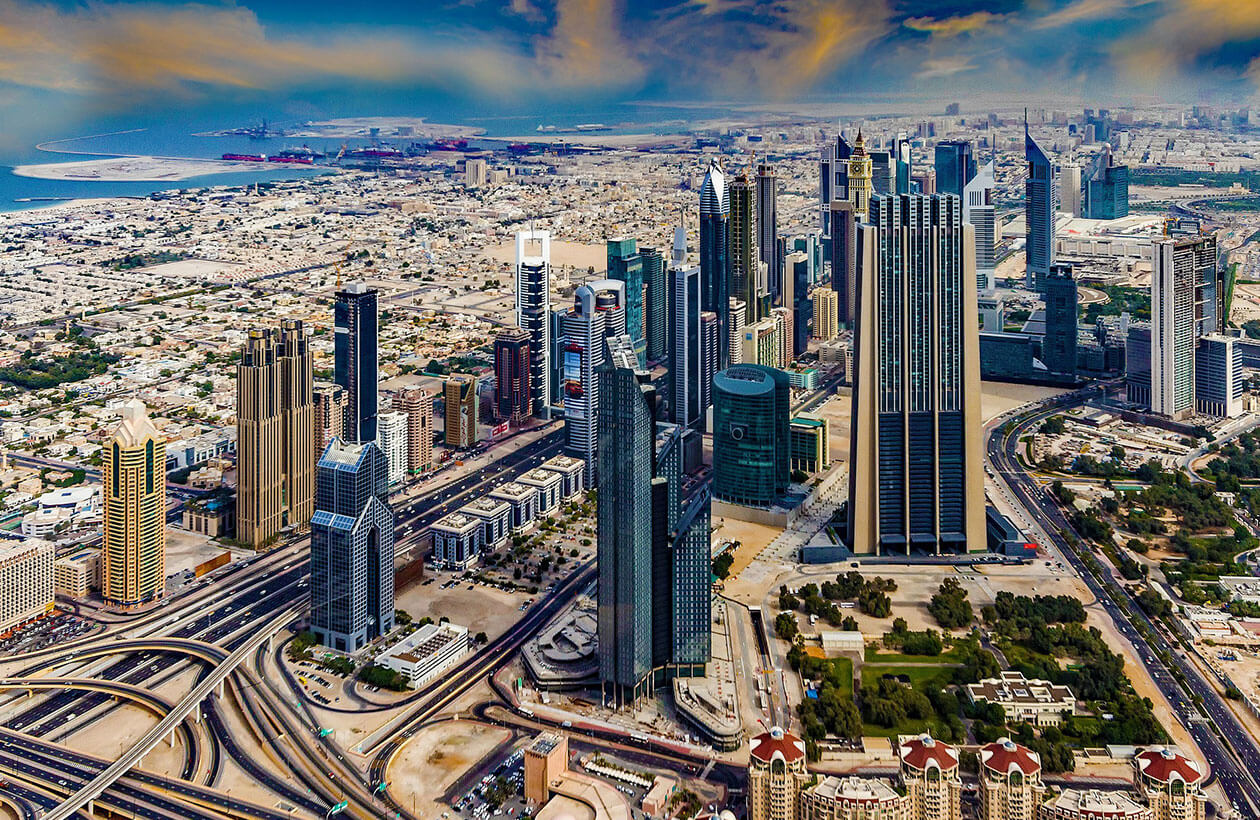
The first UAE free zone opened in the late 1980s, laying the groundwork for the dozens that followed. Nowadays, there are around 40 free zones in the UAE.
These free zones cater to specialized businesses such as commerce, industry, media, metals and commodities, finance, healthcare, and ICT (ICT).
Many Free Zones have been established in the UAE to assist freelancers, consultants, and small enterprises in obtaining a license and operating in the UAE.

The UAE Free Zones have been one of the country's strongest economic foundations, attracting a large number of foreign investments, creating thousands of jobs, and facilitating the transfer of technology into the country.
In the creation of a free zone company, there is far less red tape. Creating a firm in a free zone is easier and faster than starting a business on the mainland.
